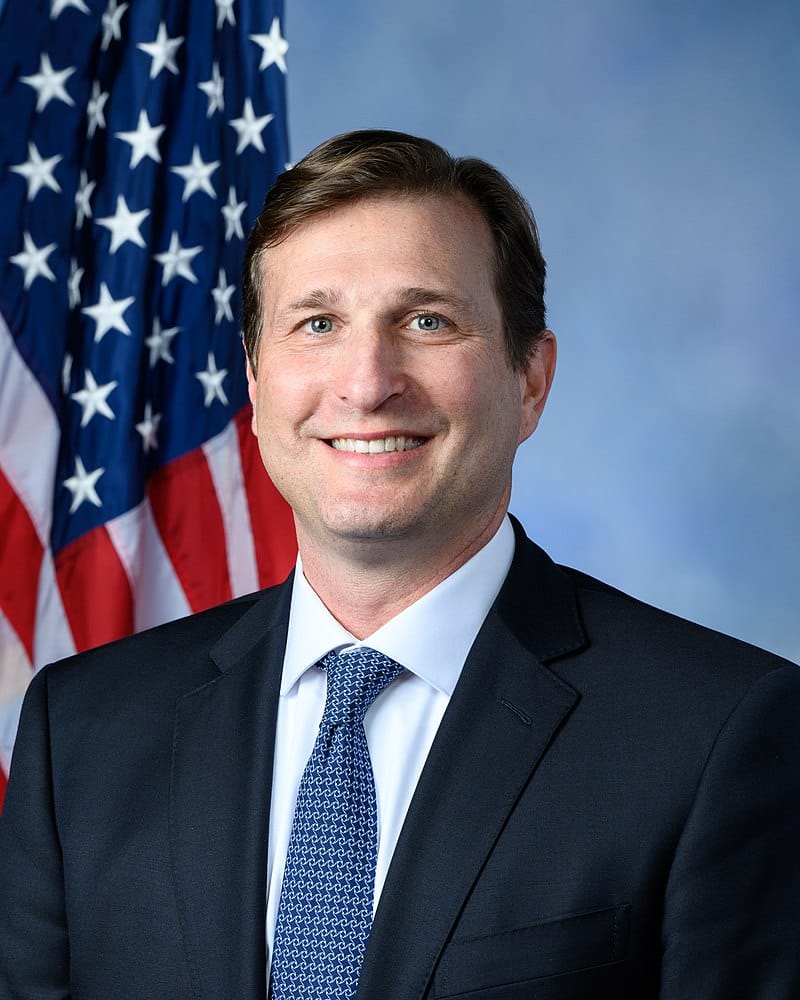A house fire is terrifying under any circumstances, and this one involved a figure who’s been in the public eye. Over the weekend, Judge Diane Goodstein’s oceanfront home in Edisto Beach, South Carolina—valued at roughly $1.5 million—was destroyed after it went up in flames.
St. Paul’s Fire District said crews arrived on October 4 and “worked flawlessly together to ensure the safety of the occupants,” who escaped by jumping from an elevated first floor. Video posted online showed a wall of fire and heavy smoke pouring from the property. Because of the home’s location and layout, rescuers ferried family members from the backyard in kayaks to Colleton County EMS for treatment.
Three people were hospitalized, including Judge Goodstein’s husband, former Democratic state senator Arnold “Arnie” Goodstein. South Carolina Chief Justice John Kittredge said Arnie had been inside with children and possibly grandchildren, and that some family members suffered injuries consistent with a fall—“such as broken legs”—after jumping from a window or balcony. Authorities said Judge Goodstein herself was on the beach when the blaze began. Kittredge described an “apparent explosion,” but investigators have not determined whether the cause was accidental or intentional.
The timing drew attention because only weeks earlier Judge Goodstein issued a temporary restraining order blocking the U.S. Department of Justice from obtaining personal data on more than 3.3 million South Carolina voters—names, addresses, birthdates, driver’s license numbers, and the last four digits of Social Security numbers—for a planned eligibility review with a Department of Homeland Security database. The order, issued September 2 in a lawsuit brought by voter Anne Crook, said releasing the information risked “immediate and irreparable damage” to Crook’s privacy rights. A judge who knows Goodstein told FITSNews she’s received multiple death threats over the years.

State authorities are treating the fire as an active investigation. “More information may be available as the investigation continues,” SLED spokesperson Renée Wunderlich said.
Even without a stated cause, the incident sparked a wider argument about harassment of judges in politically charged cases. Democratic congressman Daniel Goldman, who led questioning during Donald Trump’s first impeachment, publicly tagged former Trump adviser Stephen Miller while sharing footage of the burning home. Goldman wrote that “MAGA-world” had been doxxing and threatening judges who rule against Trump, including Goodstein, and asked whether Trump would condemn “the extreme right” if the fire proved to be arson. Miller blasted the post as “deeply warped and vile,” claiming there is a “large and growing movement of leftwing terrorism” protected by “far-left Democrat judges, prosecutors and attorneys general.” Goldman shot back that Miller was dodging the point, challenging him to condemn political violence across the board, not only when it targets Trump’s supporters.

For now, investigators are focused on what happened at the house itself. Until they establish a cause, the fire remains a tragedy under review—and a flashpoint in a debate about the risks faced by judges whose rulings collide with national politics.



